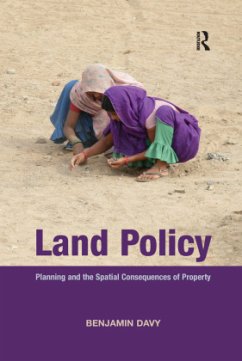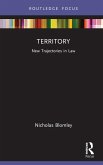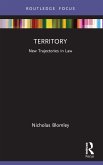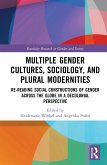Good land policy provides a diversity of land uses with plural property relations. No single kind of property rules fits the purposes of all types of land uses. Neither is a de-tached single family house like a community garden, nor a highway like a retail chain. Each land use needs its own property "fingerprint." The concept of Western ownership works with home ownership, but fails with community gardens, highways, or retail chains. Western ownership also fails in informal settings, particularly in the global South, although informality does not at all entail the absence of property relations. In everyday practice, private and common property relations often accommodate a wide variety of demands made by the owners and users of land. In a stark contrast, many theories of property and land policy fail to recognize plural property relations. The polyrational theory of planning and property reconciles practice and theory.
'While the book is theoretical, Davy links to real-time examples of planning and land policy, offering insights into the multivalent nature of 'real' property relations as equally worthy of attention in planning policy as land use. Indeed, Davy argues that property relations are bound up in, and spatialised through, land uses. To ignore property is to fundamentally misunderstand land and its use. This kind of discussion is rarely had in planning. For these reasons, the book is very welcome.' Australian Planner








